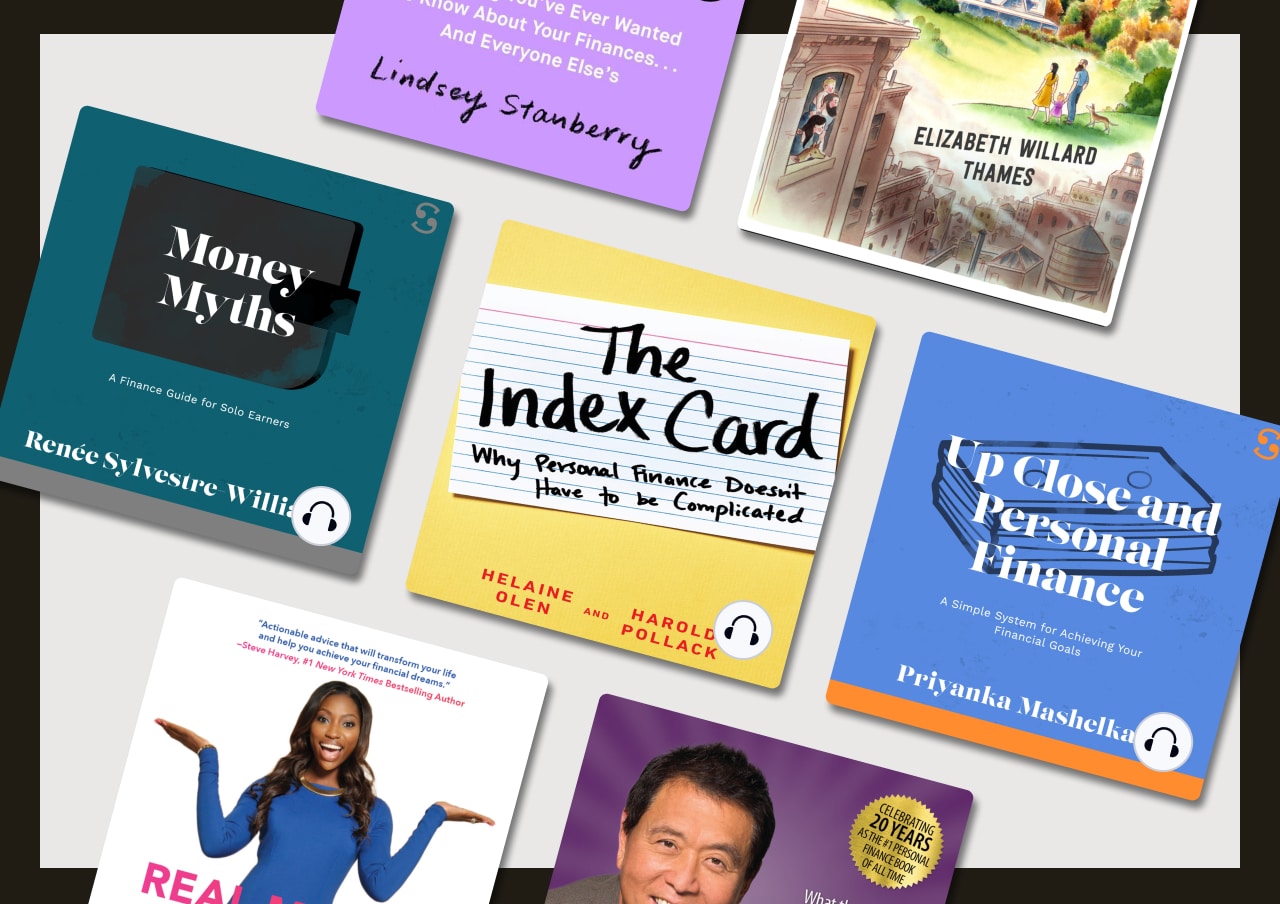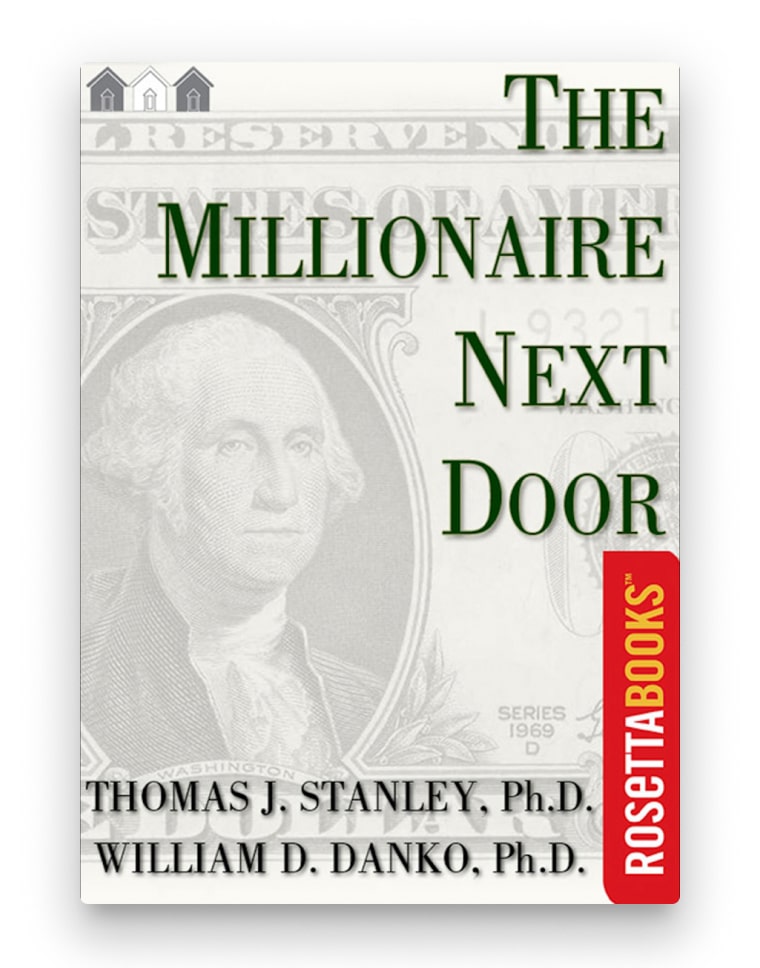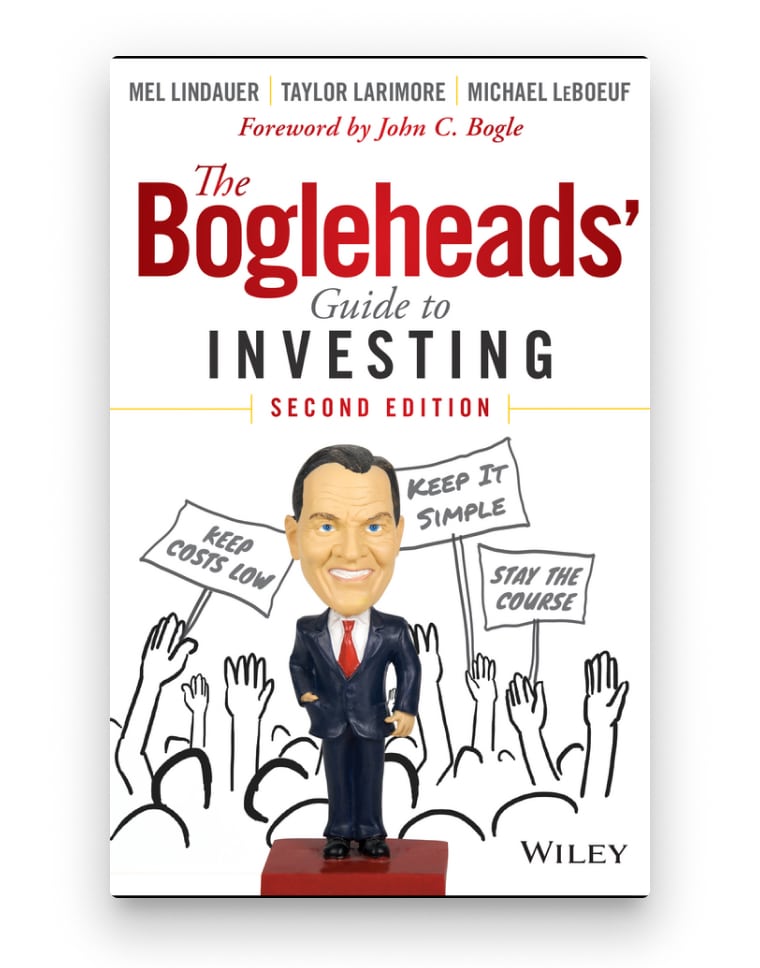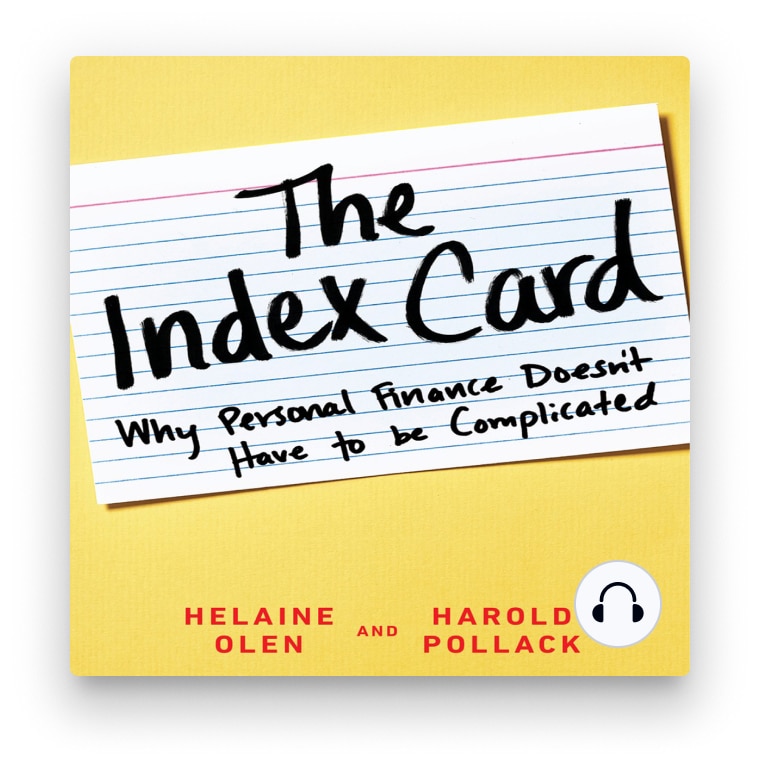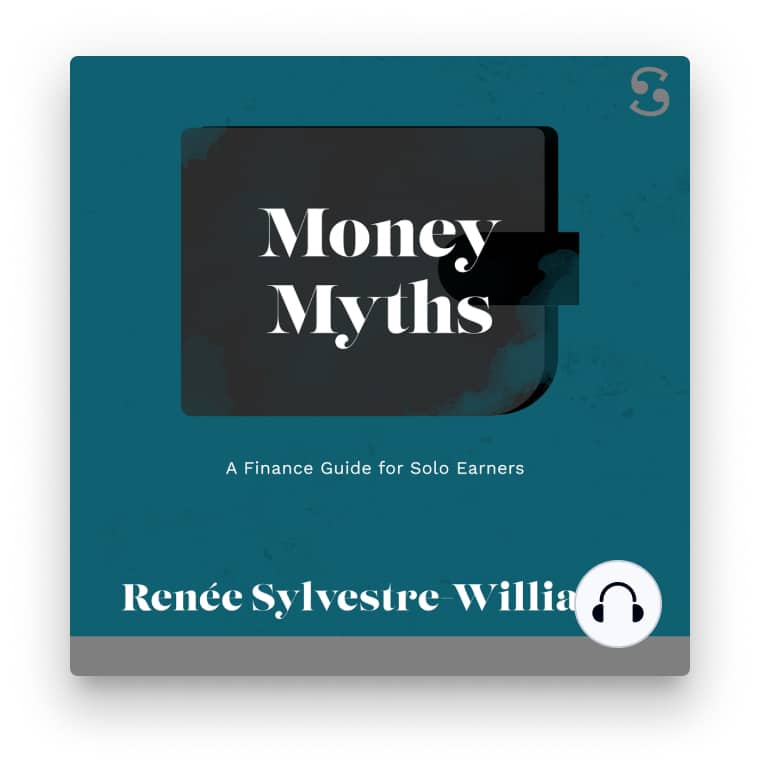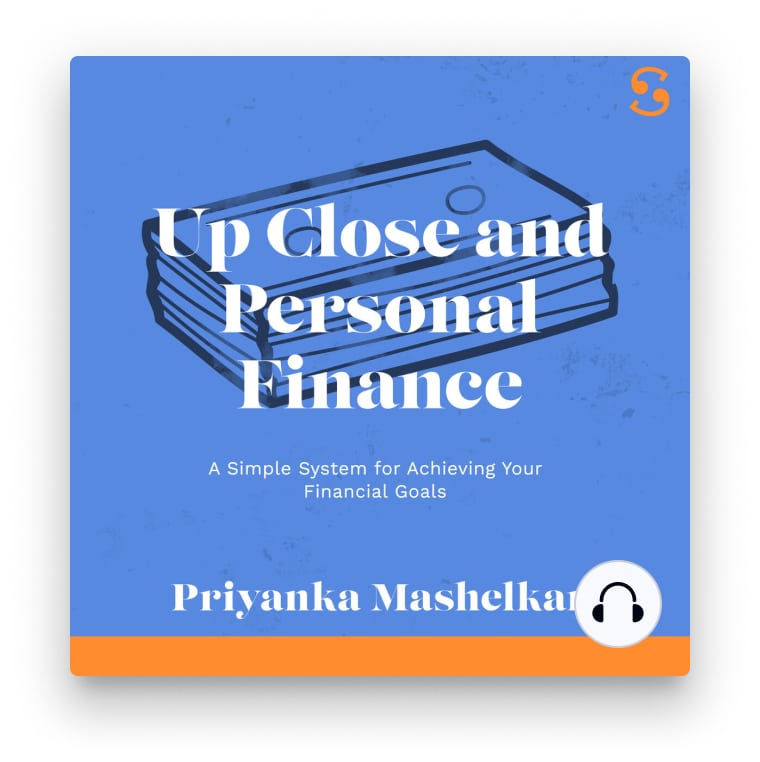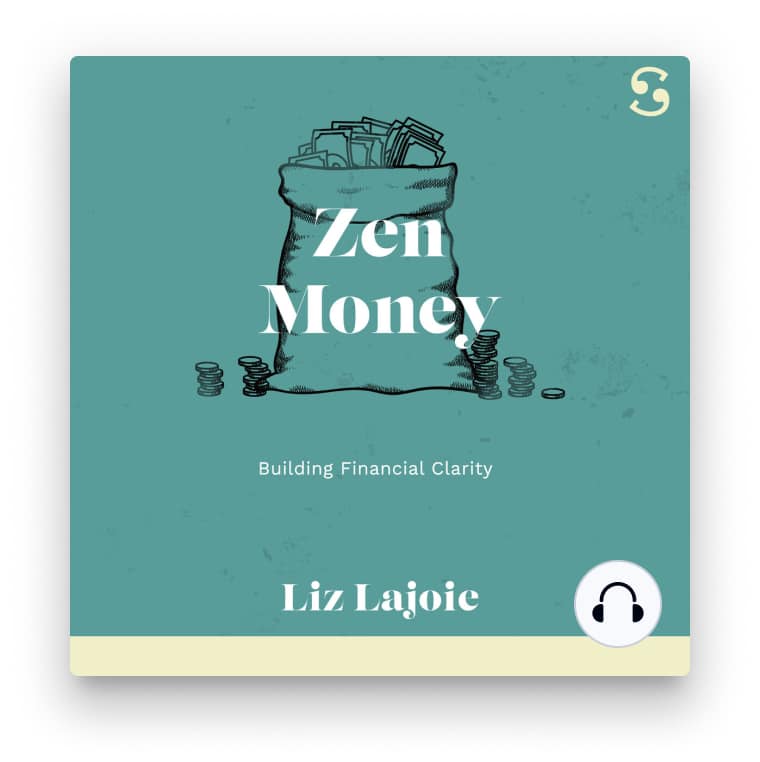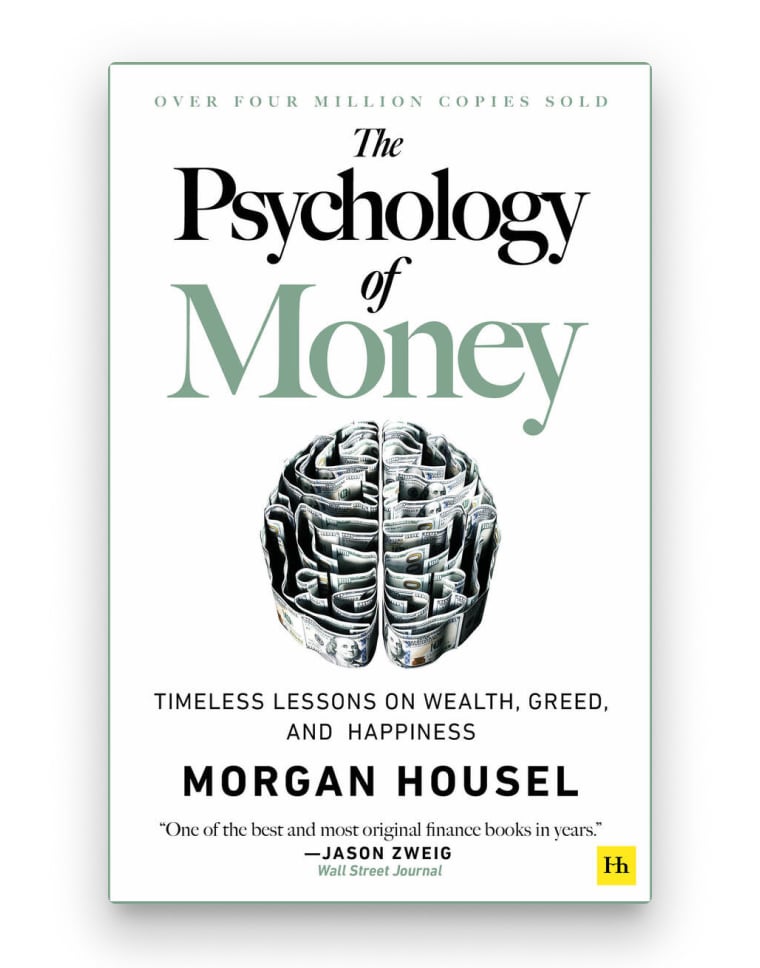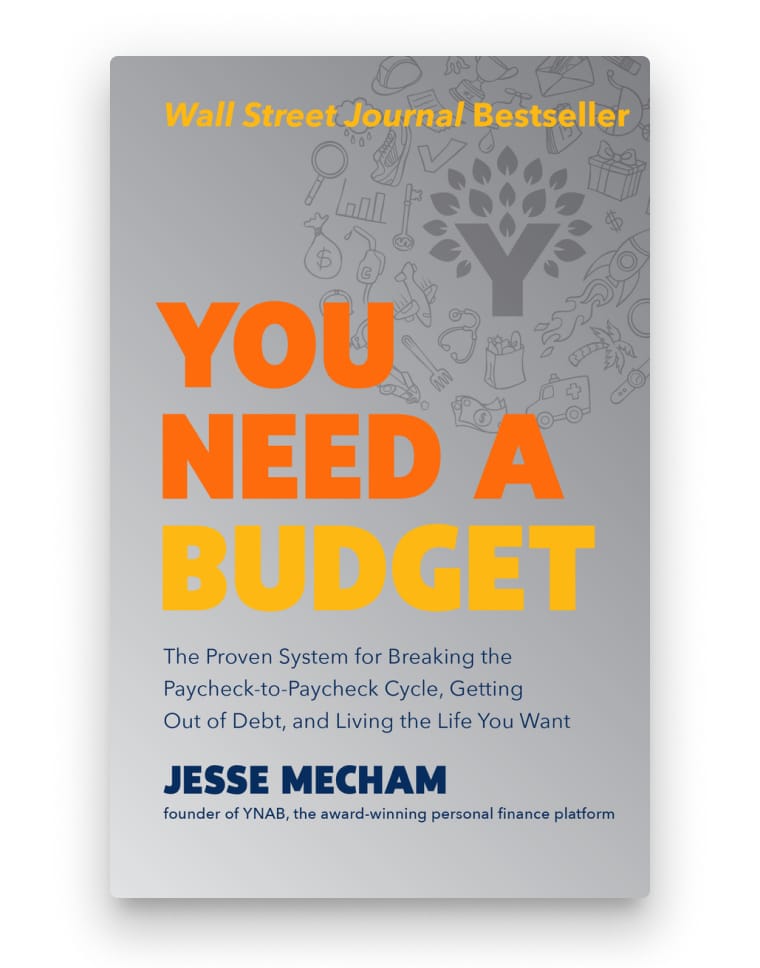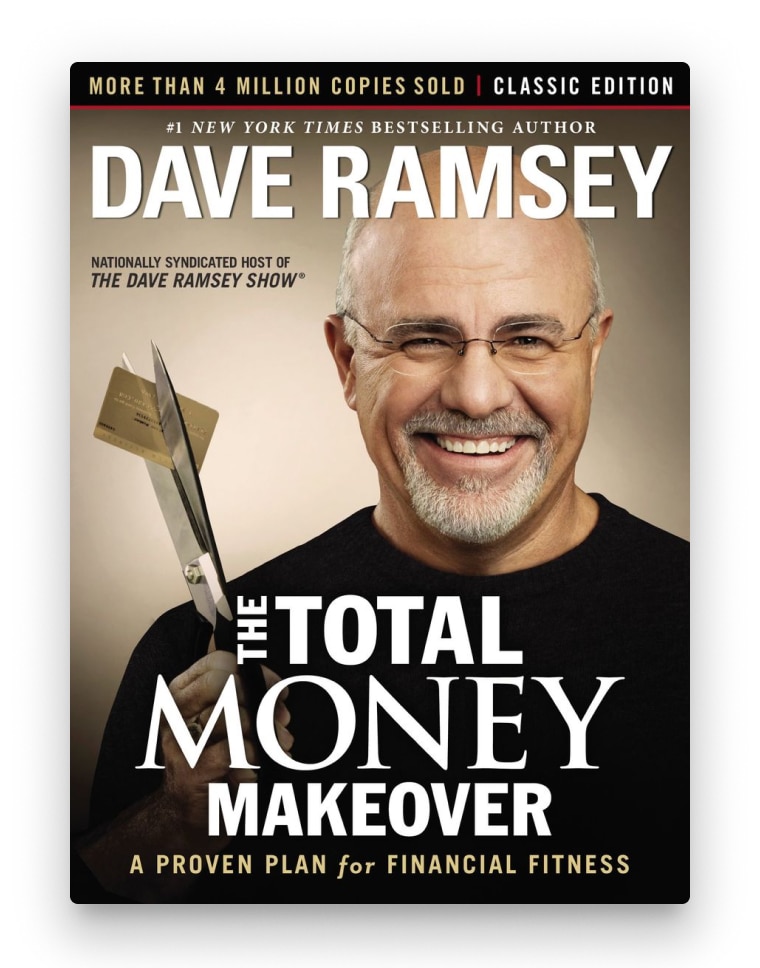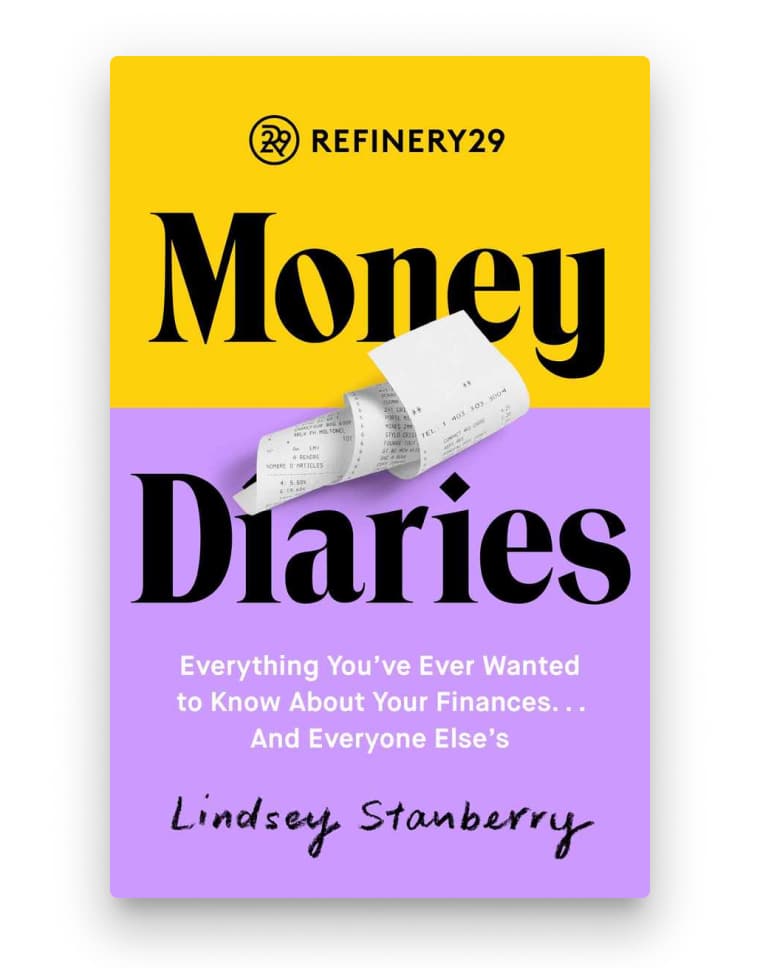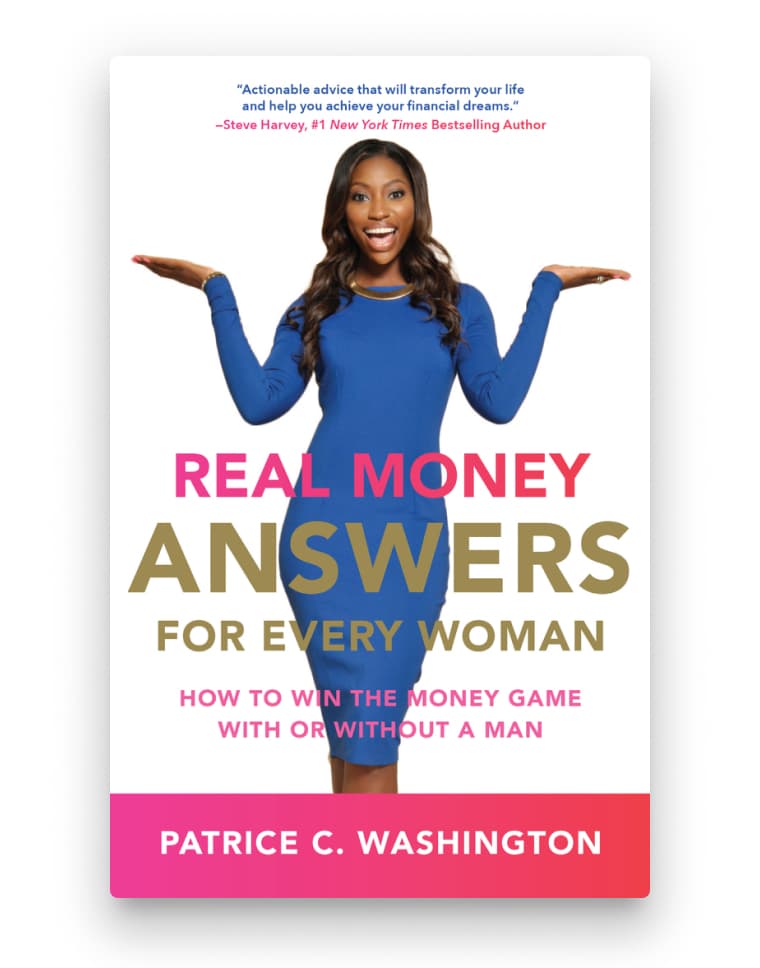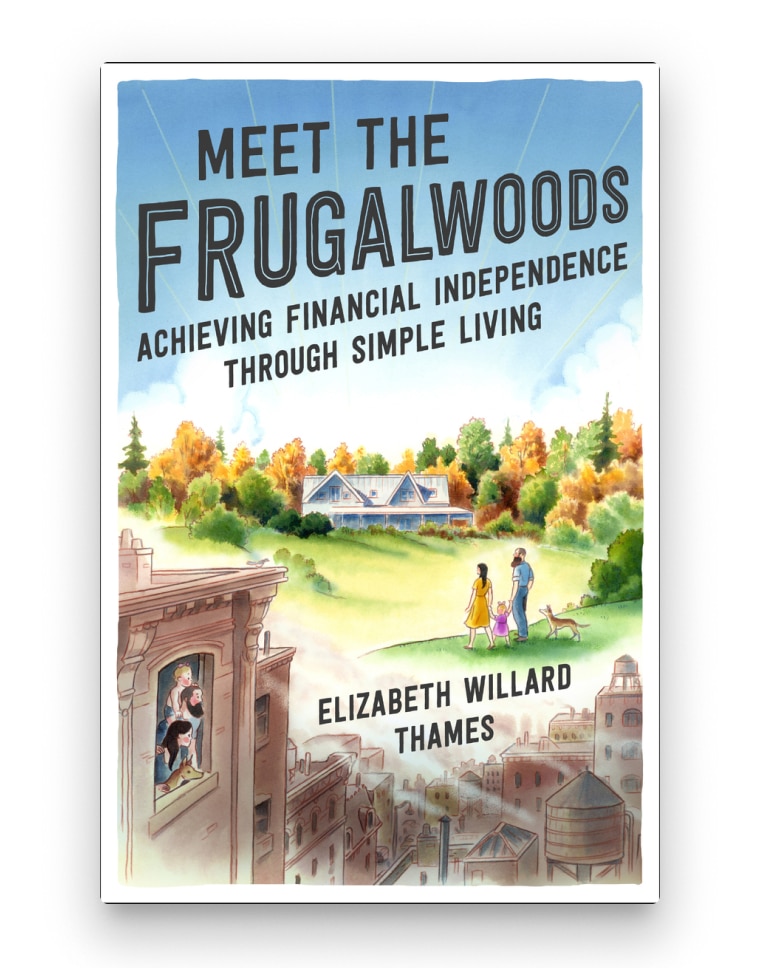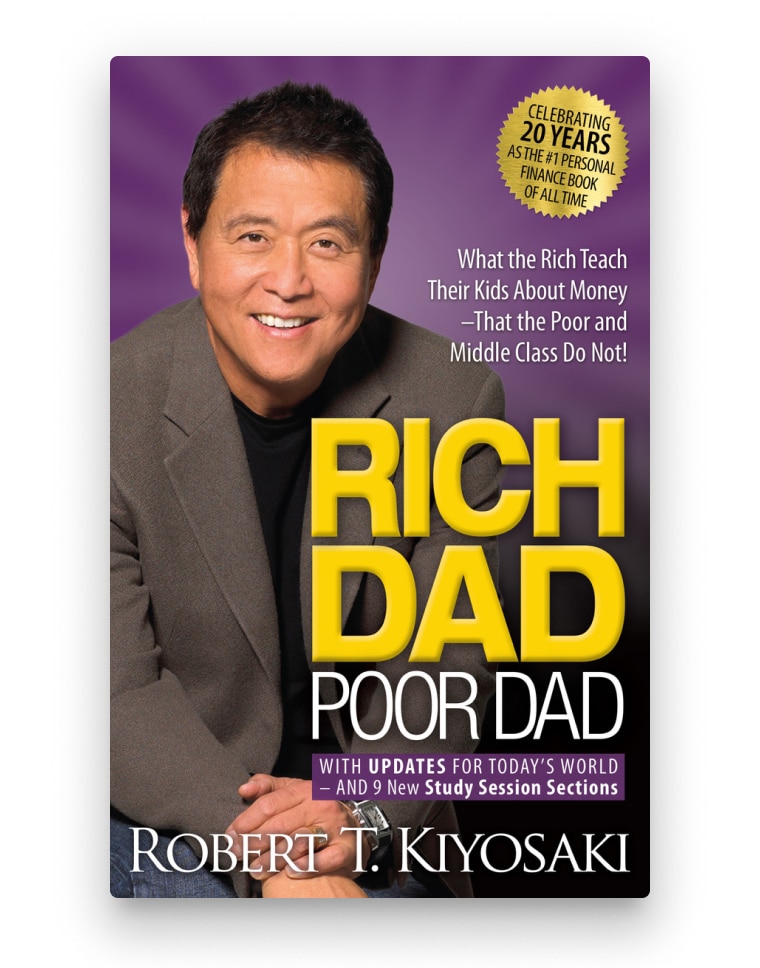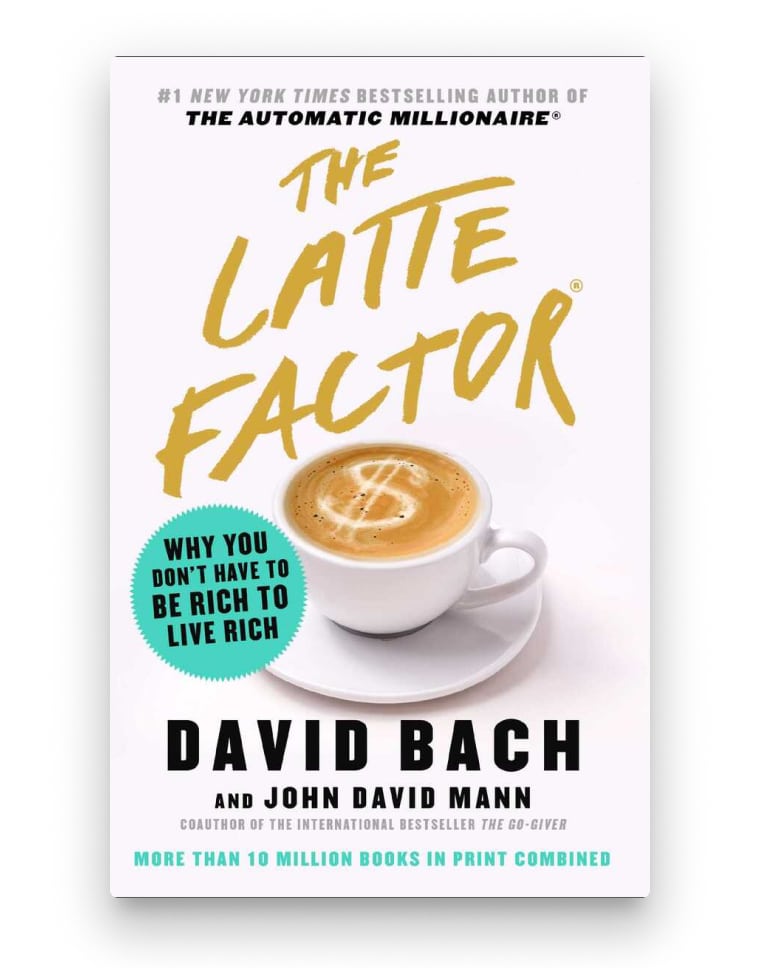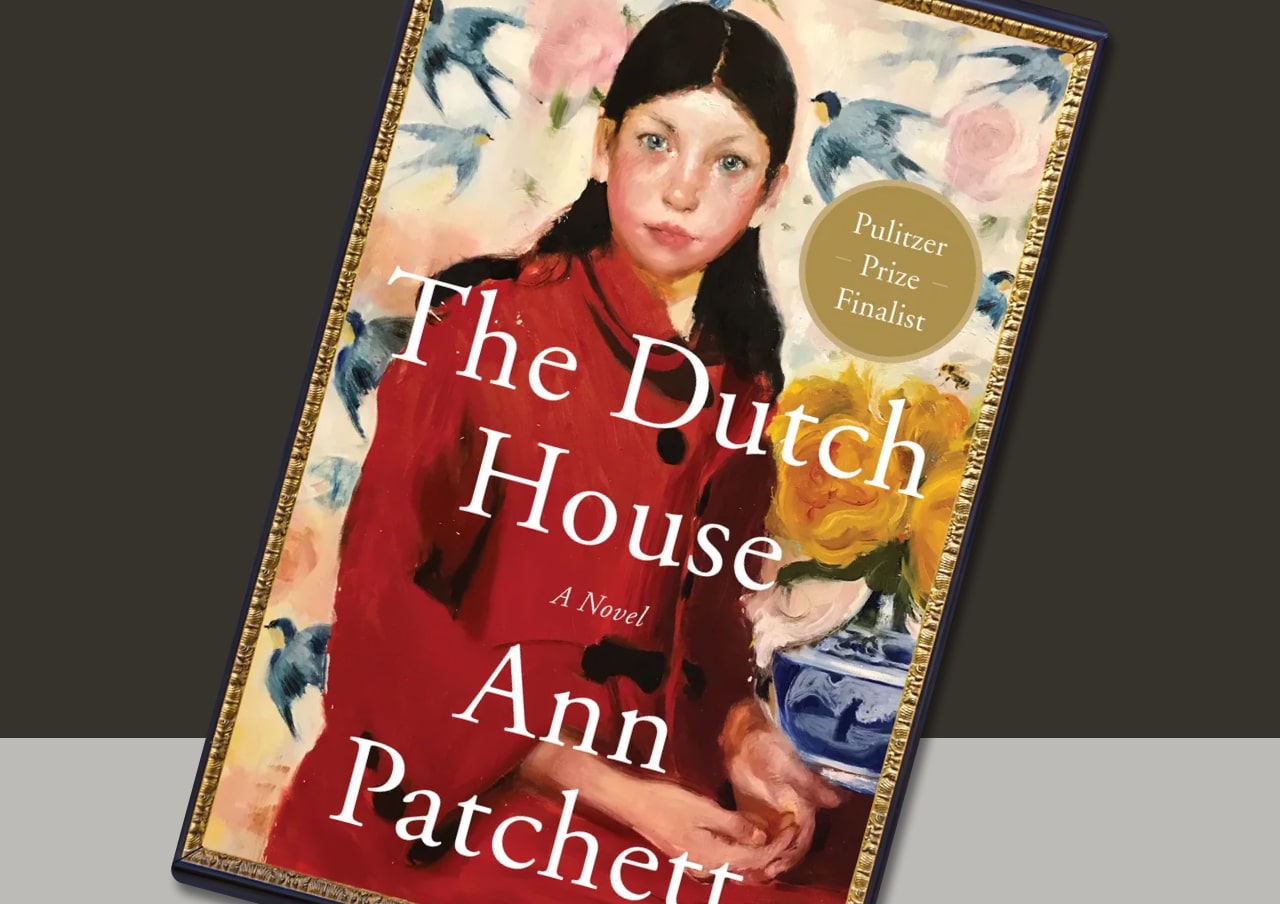
Between the rising cost of living and a deluge of advice on social media that amounts to little more than shady get-rich-quick schemes, making your money work for you in 2024 can be a tough road to navigate. Luckily, there are plenty of research-backed personal finance books designed to help you get a firm handle on your finances.
These financial experts agree that one of the most empowering things you can do in life is make your money work for you. Let’s take a look at money books that can help you understand your spending habits, learn how to save more, and accumulate wealth for the future.
Here are some of the best books to learn about money for every phase of your financial journey. (You can never go wrong by starting with You Need a Budget.)
1. The Millionaire Next Door by Thomas J. Stanley and William D. Danko
A classic personal finance book that’s endured through the decades, The Millionaire Next Door’s tried-and-true advice is just as sound today as it was when it was first published.
Authors Stanley and Danko posit that the people you assume are wealthy are actually living above their means and the true millionaires are the ones leading frugal lifestyles. Remember: Money talks, wealth whispers.
2. The Bogleheads’ Guide to Investing by Mel Lindauer, Taylor Larimore, Michael LeBoeuf, and John C. Bogle
It’s one thing to embrace frugal living and another to learn how to accumulate wealth through investments. With thousands of books dedicated to the subject, many personal finance gurus consistently recommend this as one of the best books on investing for beginners.
Following Vanguard founder John Bogle’s philosophy on passive investing, the authors lay out the basics of investing and long-term wealth management strategies.
3. The Index Card by Helaine Olen and Harold Pollack
Managing your money is actually easier than you think — just follow these 10 simple rules that fit on one small index card. Finance experts Olen and Pollack meet you where you are, guiding you every step of the way to financial freedom.
4. Money Myths by Renée Sylvestre-Williams
All too often, personal finance advice is aimed at married couples and families. Journalist Sylvestre-Williams is determined to cut through the noise of common money myths for solo earners and encourages readers to use this audio course as a starting place to normalize conversations about money.
5. Up Close and Personal Finance by Priyanka Mashelkar
Raise your hand if you’ve ever been overwhelmed by the sheer volume of money-related tasks you need to manage. Between paying off credit card bills and student loans, building your credit score, saving for retirement, contributing to an emergency fund, and setting a realistic day-to-day budget, it’s a bit of an understatement to say there’s a lot to juggle to keep your finances running smoothly.
However, according to Mashelkar, with the right systems and practices in place, you can achieve short and long-term financial goals and make your money work for you rather than the other way around.
6. Zen Money by Liz Lajoie
Financial clarity isn’t a vague, unattainable concept when you have the right tools at your disposal. Lajoie’s easy-to-follow roadmap offers invaluable insight into the steps needed to align your values and goals with your finances and learn how to take control of your money.
7. The Psychology of Money by Morgan Housel
Being savvy about money doesn’t start with a spreadsheet. It starts with your thoughts and feelings about money — most of which are probably not even conscious. For many of us, feelings about money started in childhood, based on how our parents approached money, and those feelings can impact how we save and spend today.
Deepen your understanding about what money really means and shift your perspective around it with this book. You just might find it's easier to gain control of your finances afterward.
8. You Need a Budget by Jesse Mecham
Based on the principles that helped develop the You Need a Budget app, its founder, Jesse Mecham, has written a book about how to escape the paycheck-to-paycheck cycle by prioritizing your essentials and getting a handle on your cash flow.
Lest you think creating a budget means giving up all of your luxuries, don't worry: Mecham is all about making room for the expenses that make you happy, and figuring out painless ways to save. His core concepts — give every dollar a job, age your money, and more — help you feel more in control without being obsessed with saving.
9. The Total Money Makeover by Dave Ramsey
This New York Times bestseller was one of the earliest books in the “financial self-help” category, and if you’re a reader who’s struggling with debt, this is a great book to pick up.
There are no get-rich-quick schemes or ideas in here, just the time-tested methods for moving out of debt and into saving. It’s no-nonsense, and while some of the language might feel a bit dated, the principles remain current.
10. Money Diaries by Lindsey Stanberry
Want to peep other people's finances while thinking about your own? Enter Refinery29’s Money Diaries.
The popular column has been turned into a book that not only gives you real-world examples of how people at different income levels in different life circumstances live, but also brings in advice from financial advisors to answer all the questions millennials have about money.
11. Real Money Answers for Every Woman by Patrice C. Washington
Unfortunately, it’s still the case that women typically earn less than men do, even when working the exact same job. Washington opens up about her former over-spending habits, and how she adjusted them and overcame a five-figure debt.
This book is designed as a Q&A, so you can skip around and find questions you wish you could ask a financial adviser. Washington’s got the answer.
12. Meet the Frugalwoods by Elizabeth Willard Thames
Want a case study of what it looks like to save huge chunks of your income so you can focus on living the life you want to live?
This book won’t teach you about budgeting, but it will make you reflect on where your money is going. Frugalwoods blogger Thames writes about her journey from corporate culture to early “retirement” in the country.
While early retirement may not be an option or a desire for you, this book is great for making you pause and think about how you spend your hard-earned money now, and what you could do if you saved just a bit more.
13. Rich Dad Poor Dad by Robert T. Kiyosaki
Like Ramsey’s aforementioned popular financial self-help book, Rich Dad Poor Dad was one of the first books to enter the personal finance arena in the modern world. Given it was published in 1997, people often wonder, “Is Rich Dad Poor Dad worth reading?”
The answer is a resounding yes. In his landmark book that challenges conventional middle-class wisdom about hard work and saving money, Kiyosaki asserts, “You’re either a master of money or a slave to it.”
14. The Latte Factor by David Bach and John David Mann
If you’ve hit this point in the list and are panicking that you'll never get to spend money again, you may want to read The Latte Factor. In this easy read, Bach and Mann share a parable about financial freedom. (And unlike other books on this list, it only takes about an hour to read!)
Discover the three secrets of financial freedom that will inspire you to start saving without feeling guilty about where you’re at with your finances now.


